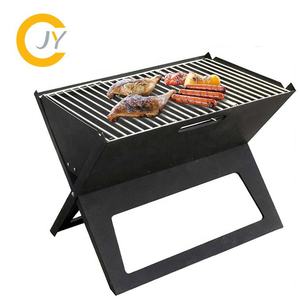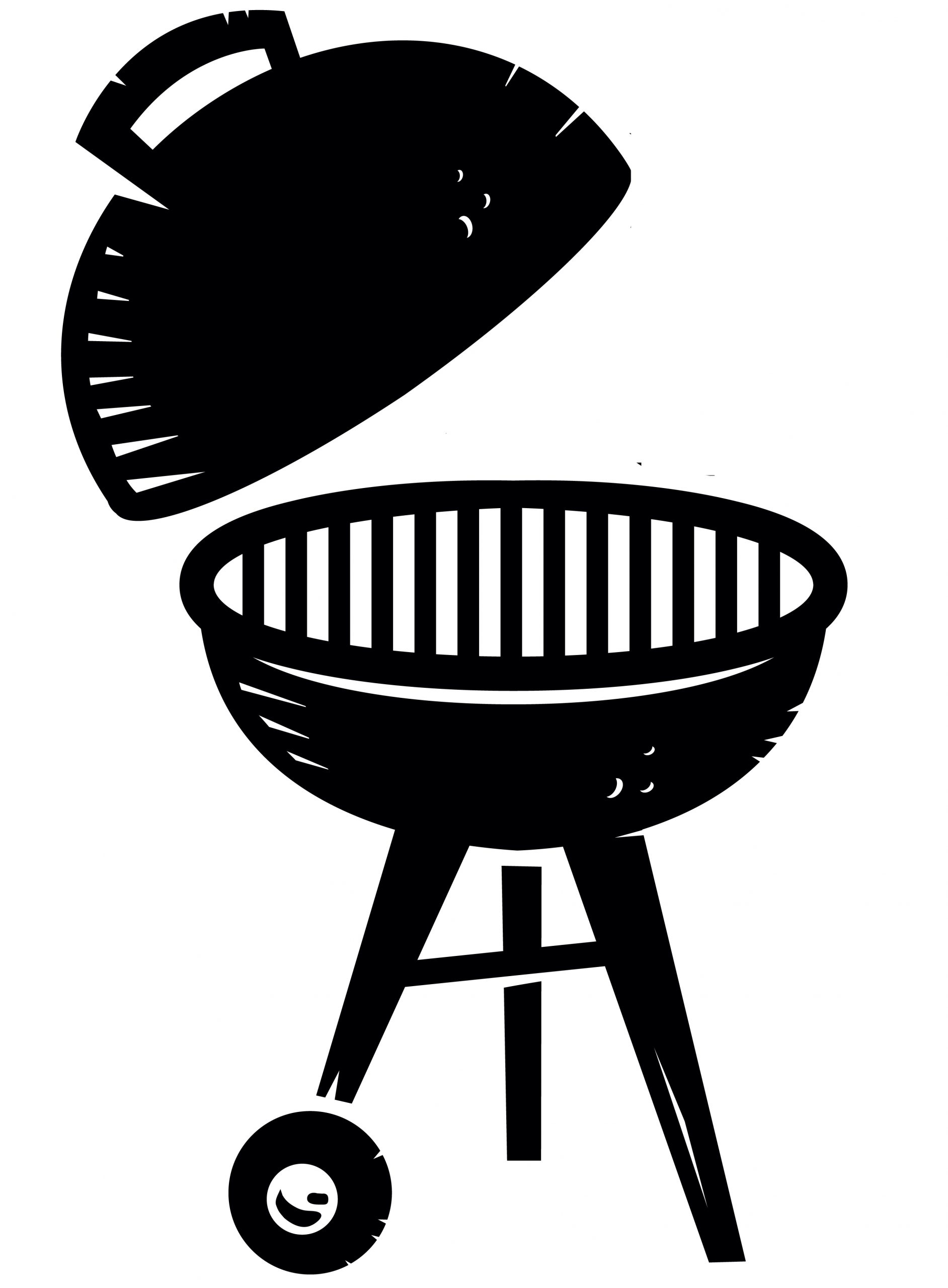The gridiron has been a steadfast and versatile cooking instrument throughout culinary history, particularly for open-flame grilling. This simple yet efficient device, featuring a frame of parallel metal bars, allows food to be cooked directly above heat sources. Its enduring design, dating back to ancient times, underscores its importance in delivering the unique flavors and textures that define open-fire cooking.
Historical Roots of the Gridiron
The gridiron’s origins can be traced to ancient civilizations, where early iterations were crafted from metal bars to facilitate cooking over open flames. Widely used during the Roman Empire and medieval Europe, the gridiron became an indispensable tool. Its grid-like pattern inspired the name and ensured even heat distribution. Traditionally made of durable wrought iron, these early gridirons laid the foundation for modern grilling techniques. Today, variations of the gridiron range from portable camping options to expansive outdoor grills.
How a Gridiron Works
A gridiron operates by positioning food directly above a heat source—whether fire, charcoal, or gas. Heat circulates between the metal bars, promoting even cooking and leaving distinctive grill marks that enhance flavor through caramelization. Gridirons are commonly made from materials such as cast iron, stainless steel, and aluminum, each offering unique benefits:
- Cast Iron: Excellent heat retention, ideal for thick cuts of meat.
- Stainless Steel: Lightweight and rust-resistant, perfect for everyday grilling.
- Aluminum: Portable and easy to handle, great for outdoor adventures.
Varieties of Gridirons and Their Applications
Classic Cast Iron Gridiron
Known for their durability and exceptional heat retention, cast iron gridirons are perfect for high-temperature grilling. Their heavy-duty construction can handle intense heat, and when properly seasoned, they develop a natural non-stick surface. These gridirons are ideal for grilling hearty foods like steaks, burgers, and fish.
Stainless Steel Gridiron
Stainless steel gridirons are lightweight, rust-resistant, and easy to clean, making them an excellent choice for routine grilling. They are commonly found in gas and charcoal grills and are best suited for foods like vegetables, poultry, and delicate seafood.
Adjustable Gridirons
Adjustable gridirons provide flexibility by allowing users to modify the height of the grilling surface. This feature makes it easy to control cooking temperatures, making them suitable for professional or competitive grilling scenarios.
Portable Gridirons
Designed for mobility, portable gridirons are lightweight and often foldable. Typically made from aluminum or stainless steel, these gridirons are popular among campers and outdoor enthusiasts due to their convenience and efficiency.

Advantages of Gridiron Cooking
Enhanced Flavor Profile
Gridiron cooking delivers a smoky, charred flavor that is hard to replicate with other methods. The grill marks produced by the metal bars facilitate the Maillard reaction, resulting in caramelized exteriors and rich, complex flavors.
Uniform Heat Distribution
The open design of the gridiron ensures even heat circulation, enabling thorough cooking. This is particularly beneficial for thicker cuts of meat, yielding a crispy exterior and a juicy interior.
Versatility
Gridirons are adaptable for grilling a variety of foods, including meats, vegetables, seafood, and even fruits. Adjustable settings allow for different cooking techniques, from slow roasting to quick searing.
Durability and Longevity
High-quality gridirons, especially those made from cast iron or stainless steel, are built to last. With proper care, these tools can serve generations of grillers, making them a worthwhile investment.

Caring for Your Gridiron
Proper maintenance is crucial to ensure your gridiron’s longevity and performance:
- Seasoning: Apply a thin layer of vegetable oil to cast iron gridirons after cleaning. Heat the gridiron to bond the oil, creating a non-stick surface.
- Cleaning: Use a wire brush or soft cleaning tools to remove food residue. Avoid harsh chemicals and abrasive materials that can damage the surface.
- Storage: Store your gridiron in a dry place to prevent rust. For cast iron, apply a light coat of oil before storing to protect the metal.

Conclusion
The gridiron remains an essential tool for grilling enthusiasts, offering unparalleled flavor, versatility, and durability. Whether cooking over a campfire or using a professional setup, a gridiron elevates the culinary experience, providing the distinct charred and smoky taste synonymous with open-flame cooking. From ancient history to modern kitchens, the gridiron continues to be a symbol of culinary tradition and innovation.
